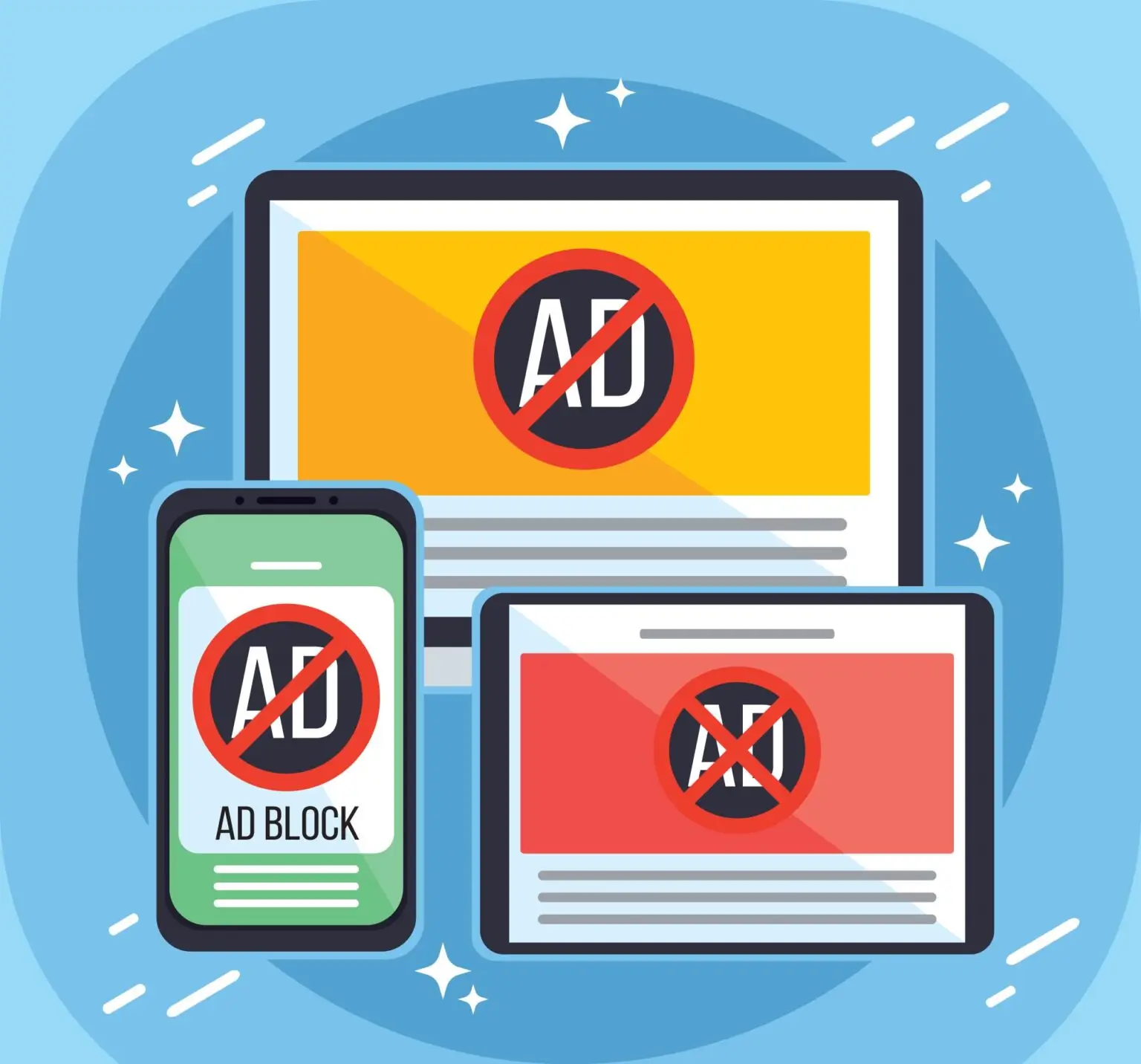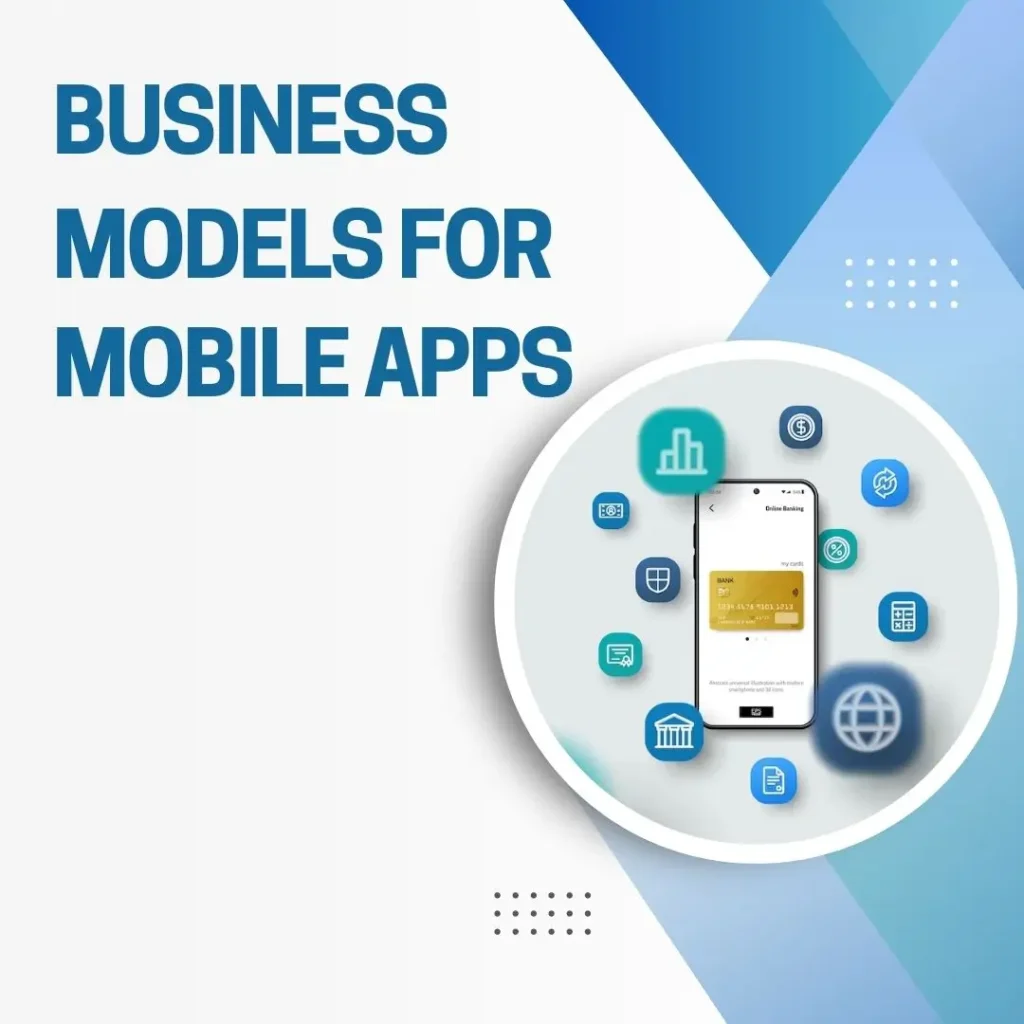In the fast-evolving landscape of mobile applications, understanding various mobile app business models has become essential to harness the potential of this dynamic sector. The impact of mobile apps on the technological world has been profound, having witnessed explosive growth over the years. Yet, as the market matures, it’s clear that simply having a presence on an app store is no longer a guarantee of success. Quality, value, and strategic App Store Optimization (ASO) are now paramount to stand out and succeed in the competitive app marketplace.
With every imaginable service now available through apps, innovative development teams are continuously introducing new features and exploring diverse mobile app business models to monetize their creations. This leads to a pivotal question: How can you effectively monetize your app? This article delves into the main avenues for generating revenue and assists you in determining the ideal approach for your mobile application.
The First Crossroads: Free or Paid Versions
When devising your mobile app business model, the choice between offering a free or paid version is a crucial fork in the road. While personal preferences and factors such as development costs influence this decision, it’s essential to consider the user experience and the value your app brings to potential customers.
A free version of your app can attract a wide user base. It enables users to explore your app’s features without any monetary commitment. They can access basic functionalities and experience the essence of your app. On the other hand, a paid version necessitates an upfront fee for downloading the app. This approach often indicates a commitment to quality and advanced features. However, striking the right price point is crucial, as competition and perceived value play significant roles in user adoption.
Microtransactions: Enhancing User Experience
Microtransactions represent a compelling mobile app revenue model, especially for free applications. This model allows users to make small in-app purchases for virtual goods, advanced features, or premium content. In the gaming realm, for instance, users might buy in-game currency, character upgrades, or unique items. This mobile app business model fosters a sense of ownership and exclusivity among users, while developers benefit from the sustained revenue generated by these microtransactions. In the world of Mobile App Development, understanding the Science behind successful strategies is crucial for building better apps that stand out in the crowded market.
Ad-Supported or Ad-Free: Empowering Users

In the world of mobile app monetization models, ad-supported and ad-free options hold significance. Many apps provide users with a choice: an ad-supported free version or a paid version without advertisements. Ad-supported apps generate revenue by displaying ads to users, while the ad-free model requires users to pay a fee to enjoy an uninterrupted experience. Offering both options can cater to a broader audience, enabling users to choose their preferred experience.
Premium and Subscription Models
The premium model involves charging users a one-time fee for access to your app’s full range of features. This approach works well for apps that provide value through advanced functionalities, additional features, or specialized content. The subscription model, on the other hand, allows users to access your app’s premium features and services for a recurring fee. This mobile app business model often employs a trial period to entice users, and it provides stable revenues for app owners while offering ongoing value to users.
Location-Based Services: Capitalizing on User Context
Location-based applications have transformed the way businesses interact with users. Leveraging mobile technologies, these apps offer location-based services such as check-in services, access to nearby businesses, and personalized recommendations. This mobile app business model enables businesses to target users with relevant advertisements, promoting their offerings to users in specific geographic locations.
Affiliate Marketing: A Collaborative Approach
Another popular business model involves affiliate marketing. By partnering with other businesses, your app can promote products or services to users. This model typically involves a revenue-sharing arrangement, where your app earns a commission for each sale or action resulting from referrals made through your app.
Freemium Model: Balancing Free and Premium
The freemium model combines elements of free and premium features. Users can access the basic version of your app for free, while premium features or content are offered at an additional cost. This mobile app revenue model caters to a wide user base while providing the option for users to upgrade for enhanced functionality.
In-App Purchases: Unlocking Additional Content
In-app purchases allow users to buy virtual goods, additional levels, or premium content within your app. This model is especially popular in gaming apps, where users can enhance their experience by purchasing items that contribute to gameplay or aesthetics.
App Privacy Protection: Building Trust
As part of your mobile app monetization strategy, consider incorporating app privacy protection measures. Protecting user data and privacy is critical for maintaining user trust. By adhering to privacy regulations and implementing robust security measures, you can ensure users feel safe while using your app. Discover the importance of Security Monitoring and how it can safeguard your online presence in our comprehensive guide on How to Monitor Your Website for Performance and Security.
Selecting the Ideal Business Model for Mobile Apps
Selecting the most suitable mobile app business model depends on your app’s nature, target audience, and value proposition. Carefully evaluate factors such as your development team’s capabilities, the competitive landscape, and the app’s intended purpose. Additionally, conduct thorough market research to gauge user preferences and willingness to pay for premium features or subscriptions.
Conclusion
Understanding different mobile app monetization models and their corresponding mobile app business models is pivotal in effectively generating revenue from your app. By aligning your monetization strategy with your app’s value proposition and user preferences, you can optimize revenue while delivering a compelling user experience. As the mobile app industry continues to evolve, staying informed about the latest trends and refining your app’s revenue generation strategy will position you for success in this dynamic and lucrative sector. To delve deeper into crafting a robust mobile app development strategy, consider exploring our guide on Mastering the Art of Mobile App Strategy. This comprehensive resource provides invaluable insights to help you navigate the intricate landscape of app development, ensuring your app not only thrives but excels in today’s competitive digital landscape.







